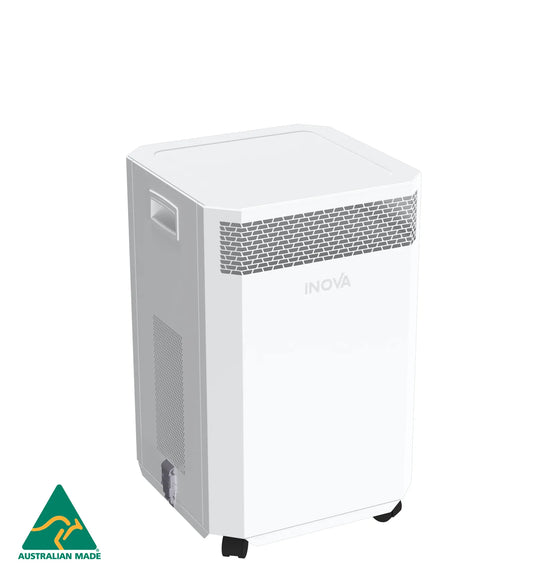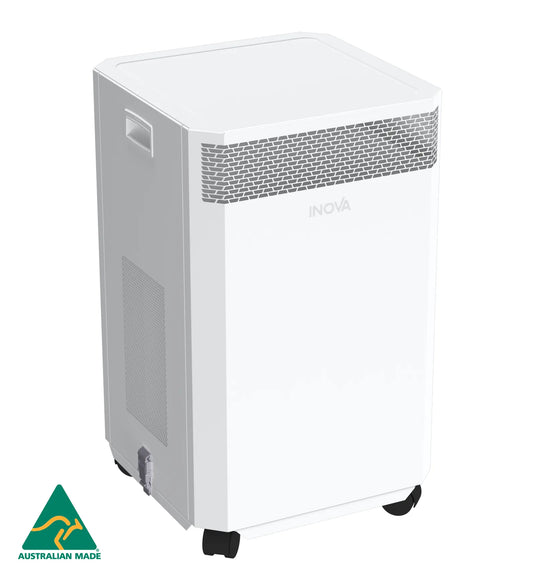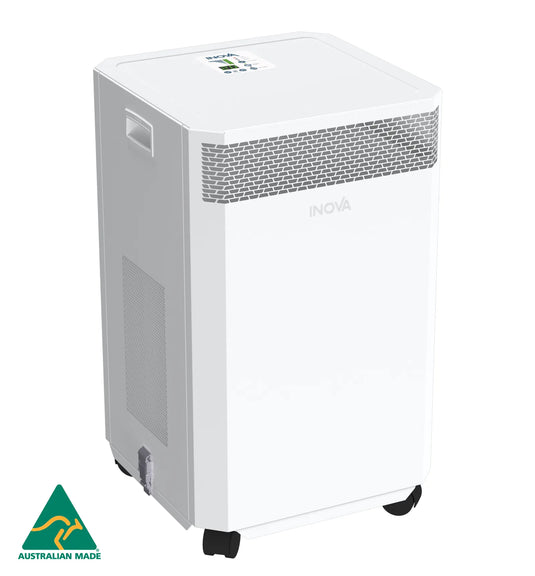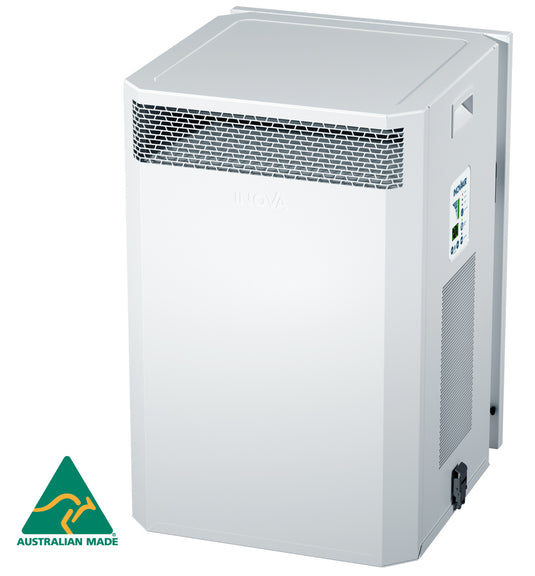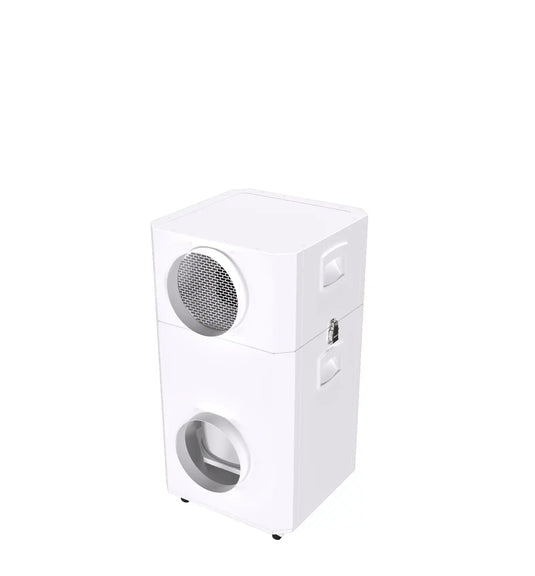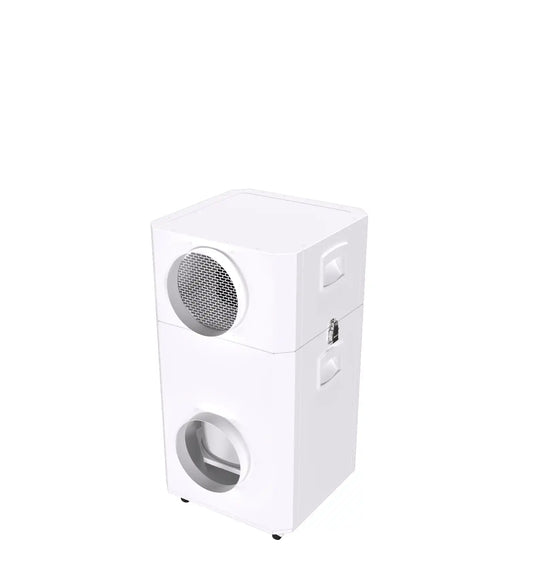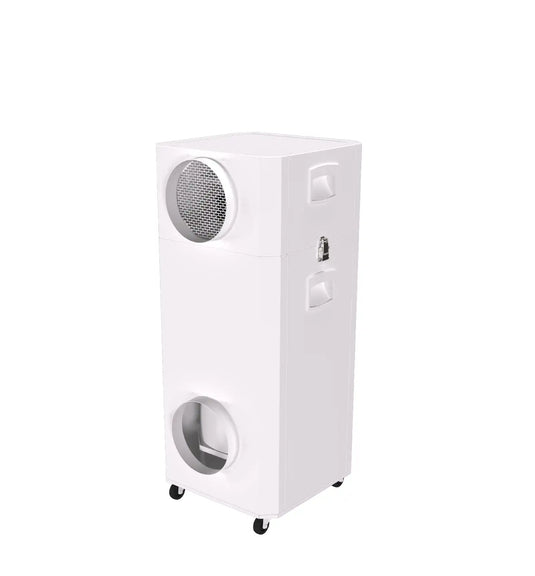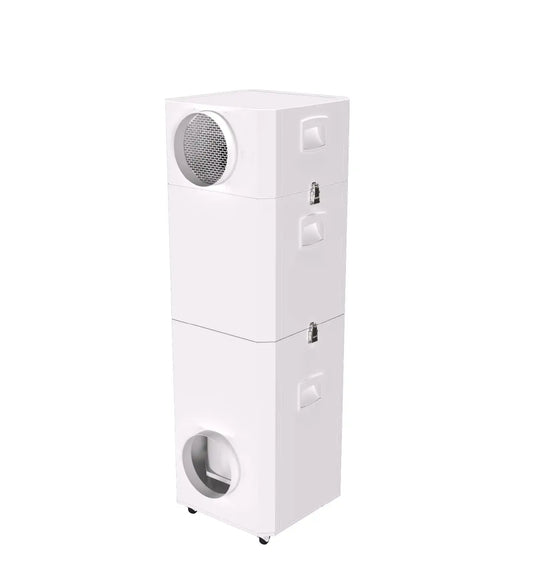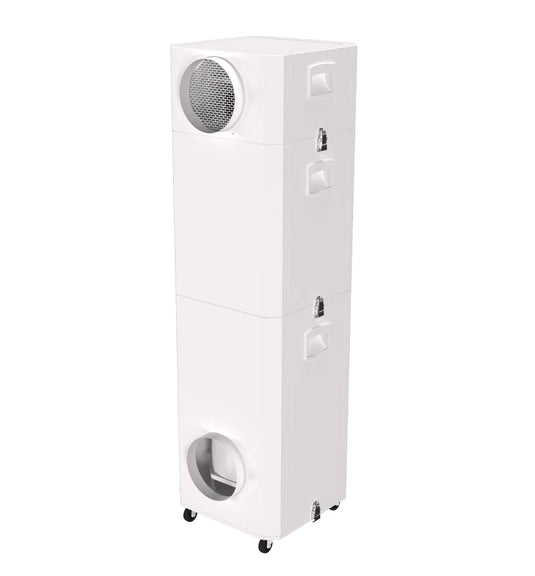3 Things the Bushfire Crisis Taught Us About Air Purifiers

Australia’s recent bushfire seasons have changed how we think about the air we breathe. Smoke can fill our homes and harm our health. During these times, many people look for an air purifier to protect their families.
However, not every air purifier is up to the task. The bushfire crisis brought three critical facts to light. Here is what you need to know before you buy an air purifier for smoke.
1. Most Retail Air Purifiers Cannot Handle Smoke
Many people rush to local stores during a crisis to buy whatever is in stock. Sadly, most "off-the-shelf" models are not effective against bushfire smoke.
An air purifier is only as good as its filters. Most retail units use thin, sponge-like carbon filters. These may weigh only a few grams. To remove the toxic gases and smells from smoke, you need an air purifier with kilograms of activated carbon. Without enough carbon, harmful pollutants like nitrogen dioxide and VOCs will stay in your home.
2. Plastic Casings Can Make Air Quality Worse
It sounds strange, but your air purifier could be adding chemicals to your room. Many cheap models are made entirely of plastic. These materials can "off-gas" or release chemical vapours into the air, especially when the motor gets warm.
For people with chemical sensitivities, this is a major problem. A high-quality air purifier should be made from safe materials. At InovaAir, we use powder-coated aluminium and steel. This ensures your air purifier cleans the air without adding new pollutants.
3. Built-in Sensors Are Often Unreliable
Many modern systems feature a built-in light or sensor that tells you the air is "good." Unfortunately, these sensors are often low-cost and inaccurate. They can give you a false sense of safety while high levels of fine particles still remain.
Furthermore, a sensor should not be inside the air purifier itself. The air right next to the machine is always the cleanest. To get a true reading of your home’s health, use a separate, freestanding air quality monitor.
Choosing the Right Air Purifier
When smoke hits, you need a system you can trust. Don't settle for a plastic box that only moves dust. Look for a medical-grade air purifier designed for Australian conditions.
Protect your home today. Explore our range of high-capacity air purifier systems and breathe easier this season.

